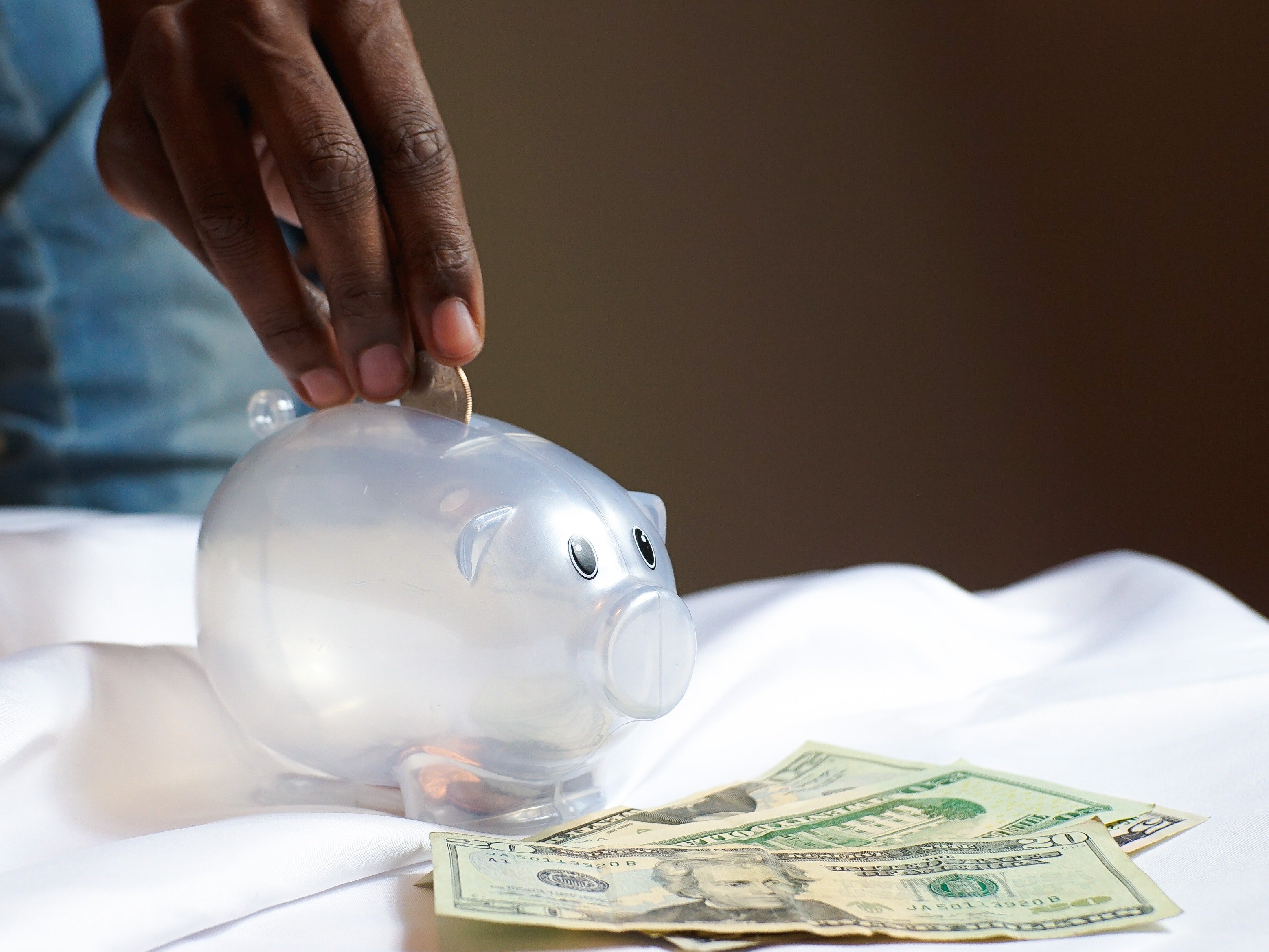The term “default” is used by lenders that means that the borrower has failed to make the regularly scheduled payments and follow the terms of the loan. The lender tries to recoup their losses in different ways. Each loan has different terms, but the process by which a borrower defaults on a loan is similar.
How Does the Default Process Start?
The default process begins when you start missing payments. Some loans allow for a missed payment but most other loans have a small grace period built in, so they have extra time to make the payment. When the scheduled payment is missed, the loan begins the default process. It depends on the type of loan you have to determine how long it takes for the time to expire.
How Defaults Affect Your Credit Score
One of the biggest consequences of defaulting on your loan is that your credit score is going to take a hit. How hard your credit hits is dependent on how good your current credit is.
If you miss a few payments on a regular credit card, it can lower your score by more than 100 points. By defaulting on any type of loan tells the business credit bureaus that you do not have the ability to repay future loans. This can affect you in numerous ways because it will show up on your credit report that you have poor credit. You are going to be less likely to be approved for things like an apartment, getting a car, a home, or even finding a job.
You Could Lose Your Assets
Another consequence that comes with defaulting on a loan is when you default on a loan that is secured with collateral. In most cases, the collateral that you used is the thing that you used the loan for such as a car or home loan. Other times collateral is another asset that you had to give up to the lender when you originally applied for the loan. No matter which case it is, the lender uses your collateral to help cover their losses. For example, if you defaulted on a car loan, your car will be repossessed.
Losing your assets will end up leaving worse off than when you started. Debt consolidation is encouraged, moving debt from secured loans into unsecured loans so that possible losses are reduced.
What Happens Next?
After you have defaulted on an unsecured loan, the debt is moved to the collection department. These companies are third party companies who purchase debt and do all they can to get money back from you. The collection department seeks to negotiate a partial repayment, but a lawsuit may occur. If you default on a personal business loan, the earnings of the company could be garnished.
Avoid Defaulting on a Loan
You can save yourself a lot of stress and hassle by avoiding defaulting on a loan. Lawsuits, damaged credit, and lack of receiving funds in the future are consequences that come with defaulting on a loan. You can avoid defaulting on a loan by consolidating debt, restructuring a loan, seeing a debt counselor, and most importantly making your payments on time and on the terms of your payment schedule.











